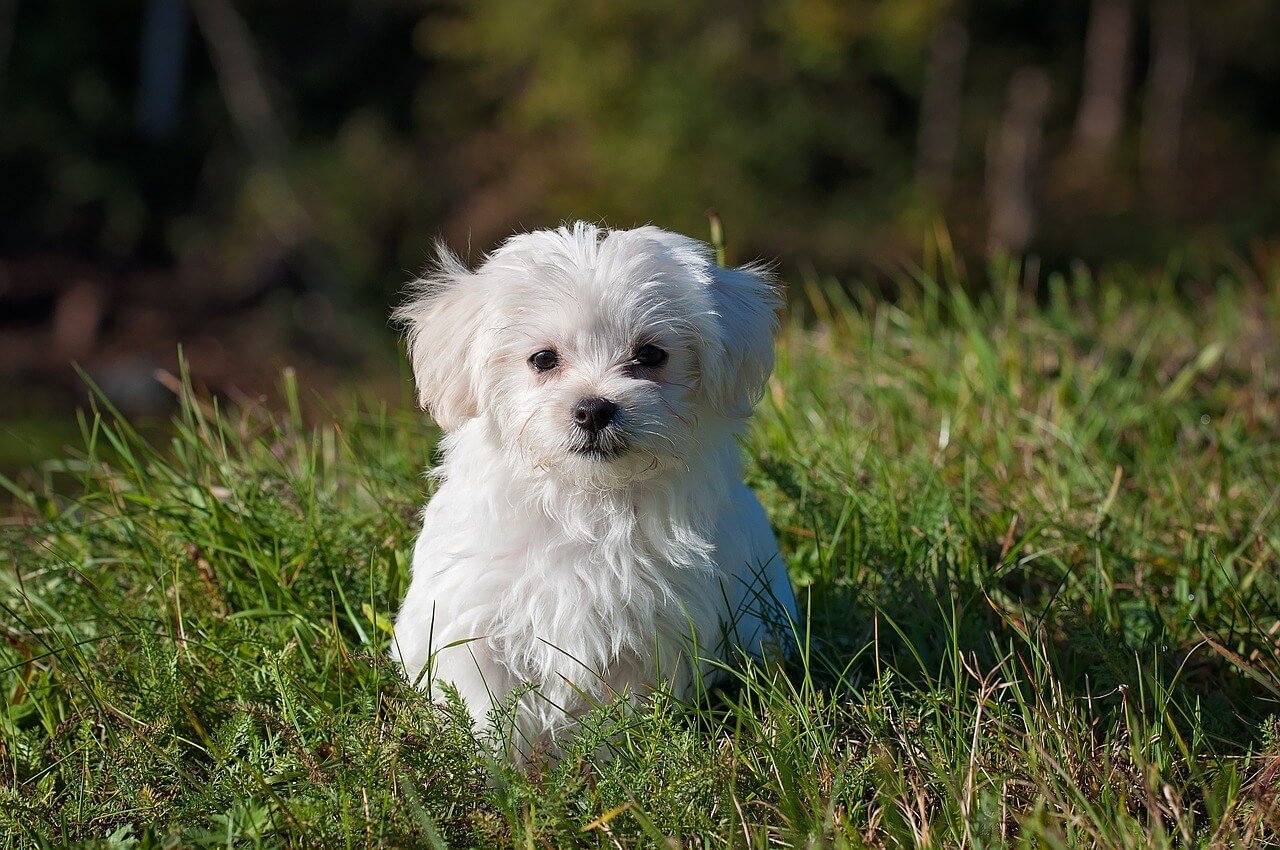Composting Dog Poop: A Sustainable Solution for Pet Owners
As dog owners, we’re all too familiar with the daily chore of picking up after our furry companions. But what if there was a way to turn that waste into something useful? Composting dog poop is an eco-friendly solution that not only reduces landfill waste but also creates nutrient-rich compost for non-edible plants. While it may sound unconventional, composting dog poop is a practical and sustainable way to manage pet waste responsibly. In this blog post, we’ll explore how to compost dog poop safely, its benefits, potential risks, and tips to get started. Let’s dive in and discover how you can make your backyard greener—literally!
Is Composting Dog Poop Safe? Key Considerations
Before diving into composting dog poop, it’s essential to understand the safety aspects. Dog waste can contain harmful pathogens, so proper handling and composting techniques are crucial. Here’s what you need to know:
Dog poop may harbor bacteria like E. coli and parasites such as roundworms, which can pose health risks if not composted correctly.
Never use compost made from dog poop on edible plants, as it could contaminate crops with harmful organisms.
High temperatures are necessary to kill pathogens; aim for a compost pile that reaches at least 140°F (60°C).
Avoid adding dog poop to traditional compost bins used for food scraps or garden waste to prevent cross-contamination.
Use a dedicated composting system specifically designed for pet waste to ensure safety and efficiency.
By following these guidelines, you can minimize risks and create compost that’s safe for non-edible plants. Always prioritize hygiene and proper composting practices.
Benefits of Composting Dog Poop
Composting dog poop offers numerous environmental and practical advantages. Beyond reducing waste, it contributes to a healthier planet and a more sustainable lifestyle. Here are some key benefits:
Reduces the amount of pet waste sent to landfills, where it can take years to decompose and release harmful greenhouse gases.
Creates nutrient-rich compost that can be used for flowers, shrubs, and ornamental plants, enriching your garden soil.
Minimizes the risk of water contamination by preventing dog waste from washing into storm drains and polluting local waterways.
Encourages responsible pet ownership by promoting environmentally friendly waste management practices.
Saves money on waste disposal bags and reduces reliance on chemical fertilizers for non-edible plants.
Composting dog poop is a small step that can have a big impact on the environment. By adopting this practice, you’re contributing to a cleaner, greener future.
Check this guide 👉Picking Up Dog Poop: Best 7 Expert Tips!
Check this guide 👉Why Is My Dog Pooping in the House? Best 7 Expert Tips!

Pros of Composting Dog Poop | Cons of Composting Dog Poop |
|---|---|
Reduces landfill waste | Requires careful handling to avoid risks |
Creates nutrient-rich compost | Pathogens can survive if not composted properly |
Prevents water contamination | Not suitable for edible plants |
Eco-friendly alternative to plastic bags | Needs a dedicated composting system |
Saves money on fertilizers | May attract pests if not managed well |
How to Start Composting Dog Poop: Step-by-Step Guide
Getting started with composting dog poop is easier than you might think. With the right tools and techniques, you can create a safe and effective composting system. Follow these steps to begin:
Choose a dedicated compost bin or digester specifically designed for pet waste to keep it separate from other compost materials.
Place the compost bin in a convenient, shaded area of your yard to maintain optimal temperature and moisture levels.
Add a mix of carbon-rich materials like sawdust, shredded newspaper, or dried leaves to balance the nitrogen in dog poop.
Turn the compost regularly to aerate it and speed up the decomposition process while maintaining high temperatures.
Allow the compost to cure for at least 6–12 months before using it on non-edible plants to ensure all pathogens are neutralized.
With patience and consistency, you can transform dog poop into valuable compost for your garden. Always monitor the process to ensure safety.
Tips for Maintaining a Successful Dog Poop Compost Bin
Once you’ve set up your composting system, maintaining it properly is key to achieving safe and effective results. Here are some tips to help you keep your compost bin running smoothly:
Keep the compost moist but not soggy; aim for the consistency of a wrung-out sponge to support microbial activity.
Layer dog poop with equal parts carbon-rich materials to maintain a balanced compost pile and prevent odors.
Monitor the temperature regularly to ensure it stays above 140°F (60°C) for pathogen destruction.
Avoid adding cat waste or waste from dogs on medication, as these can introduce additional risks or contaminants.
Cover the compost bin to deter pests and reduce odors while allowing airflow for decomposition.
By following these tips, you can create a thriving compost system that benefits both your garden and the environment. Consistency is key to success.
Steering Clear of Pitfalls for Successful Composting
While composting dog poop is a rewarding practice, there are some common mistakes that can hinder the process or create safety risks. Being aware of these pitfalls will help you avoid them and ensure your composting efforts are successful. Here’s what to watch out for:
Adding Too Much Waste at Once: Overloading the bin can slow down decomposition and lead to unpleasant odors.
Neglecting to Balance Carbon and Nitrogen: Failing to add enough carbon-rich materials can result in a smelly, inefficient pile.
Not Turning the Pile Regularly: Skipping this step can cause uneven decomposition and lower temperatures, leaving pathogens intact.
Using Compost on Edible Plants: This mistake can introduce harmful bacteria into your food supply, posing health risks.
Placing the Bin Too Close to Your Home: Proximity to living areas can attract pests or create odor issues, especially if not managed properly.
By avoiding these mistakes, you’ll maintain a healthy composting system that’s both safe and effective. Attention to detail is key to success.
Exploring Other Eco-Friendly Waste Management Options
If composting dog poop doesn’t appeal to you or isn’t feasible, there are other sustainable ways to manage pet waste. These alternatives can still reduce your environmental impact while keeping your yard clean. Here are some options to consider:
Pet Waste Digesters: These underground systems break down waste naturally using enzymes, reducing the need for traditional composting.
Biodegradable Waste Bags: Use bags made from plant-based materials that decompose more quickly than plastic.
Flushable Waste Bags: Some products allow you to flush dog poop directly into the sewage system, where it’s treated safely.
Local Pet Waste Collection Services: Many communities offer services that collect and compost pet waste on a larger scale.
Burying Waste in Your Yard: Digging a deep hole (at least 12 inches) and burying waste allows it to decompose naturally without attracting pests.
Each alternative has its own benefits and limitations, so choose the one that best fits your lifestyle and values. Every small step counts toward sustainability.
Why Managing Dog Waste Matters for the Planet
Dog poop isn’t just a nuisance—it’s an environmental issue when not disposed of properly. Understanding its impact highlights the importance of responsible waste management practices like composting. Here’s how dog waste affects the environment:
Water Pollution: Rainwater can wash dog poop into storm drains, contaminating rivers, lakes, and oceans with harmful bacteria.
Greenhouse Gas Emissions: When left in landfills, dog poop decomposes anaerobically, releasing methane, a potent greenhouse gas.
Soil Contamination: Pathogens in untreated dog waste can harm soil quality and disrupt ecosystems if not managed properly.
Plastic Waste from Bags: Traditional plastic poop bags contribute to landfill overcrowding and take centuries to break down.
Loss of Nutrients: Uncomposted dog poop wastes valuable nutrients that could otherwise enrich non-edible plants.
By composting or adopting other eco-friendly practices, you can mitigate these environmental impacts and contribute to a healthier planet. Responsible pet ownership starts with mindful waste management.
Frequently Asked Questions About Composting Dog Poop
Can I compost dog poop in a regular compost bin?
No, it’s best to use a dedicated compost bin for dog poop to avoid cross-contamination with other organic materials.
How long does it take to compost dog poop?
It typically takes 6–12 months for dog poop compost to fully break down and be safe for use.
Can I use dog poop compost on vegetable gardens?
No, dog poop compost should only be used on non-edible plants due to the risk of pathogens.
What should I do if my compost smells bad?
Add more carbon-rich materials like sawdust or dried leaves and turn the pile to improve airflow and reduce odors.
Do I need special equipment to compost dog poop?
While not mandatory, a dedicated compost bin or digester designed for pet waste makes the process safer and more efficient.
Final Thoughts: Turning Waste into Worth
Composting dog poop is a simple yet impactful way to reduce your environmental footprint and manage pet waste responsibly. By understanding the risks, following proper techniques, and maintaining your compost system, you can transform a daily chore into a sustainable practice. Not only does this benefit your garden, but it also contributes to a cleaner, greener planet. So, why not give it a try? With a little effort and dedication, you can turn waste into worth and inspire others to do the same. Together, we can create a brighter future for our pets and the planet.
Do Cats Have Taste Buds? Best 7 Expert Tips! – Discover how cats experience flavors and why their taste is so unique.
Do Dogs Have Taste Buds? Best 7 Expert Tips! – Discover how dogs experience taste, their preferences, and what it means for their diet and health.
Can Cats Taste Sweet? Best 7 Expert Tips! – Discover why cats can’t taste sweetness, how it affects their diet, and tips to keep them healthy and happy.
Can Dogs Taste Sweet? Best 7 Expert Tips! – Discover how dogs perceive sweetness, which foods are safe, and tips to manage their sweet cravings responsibly.





